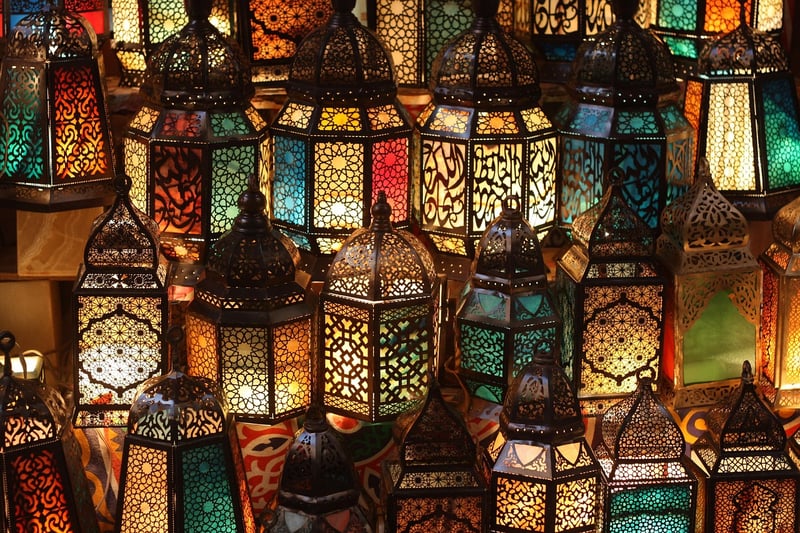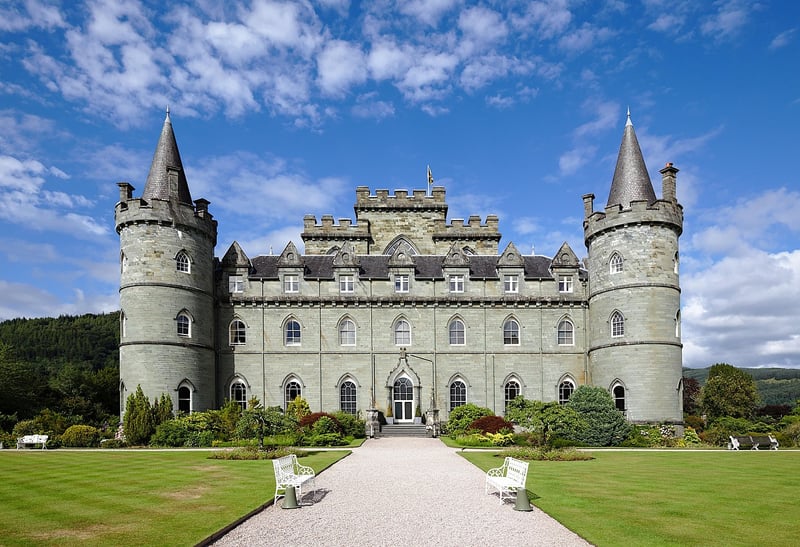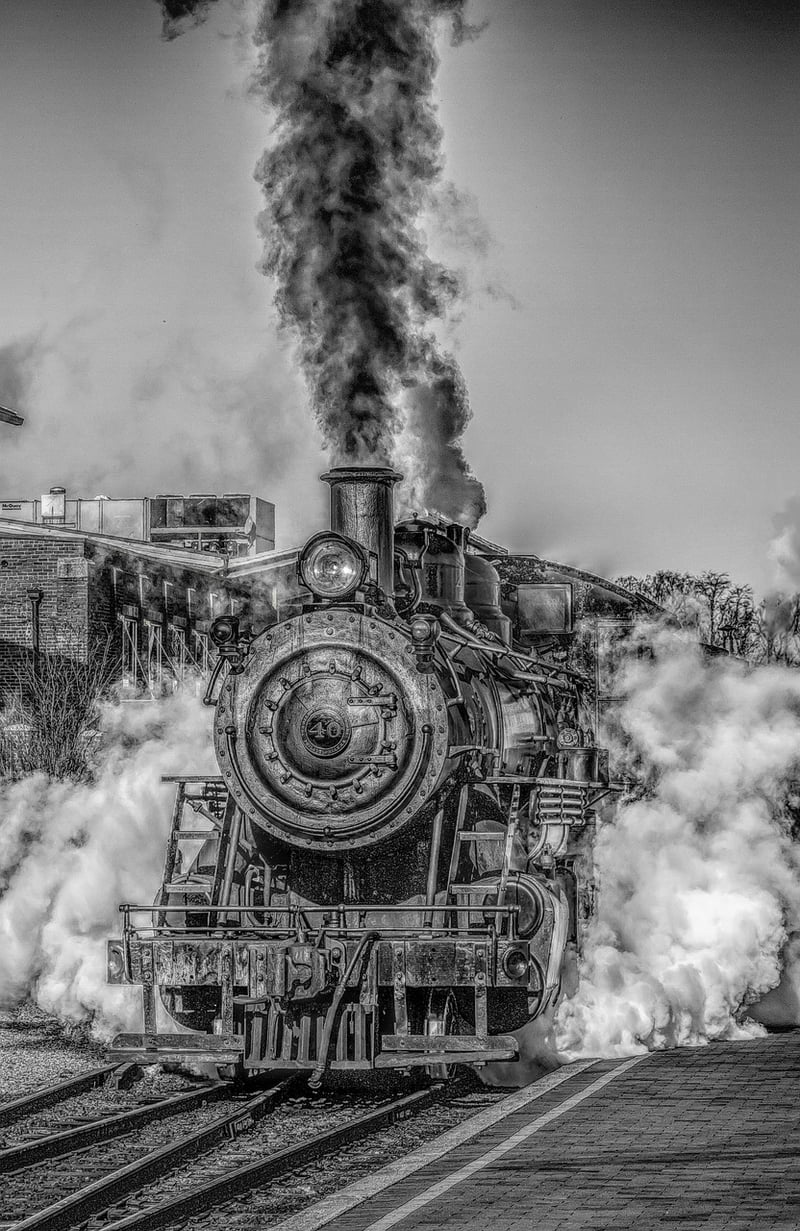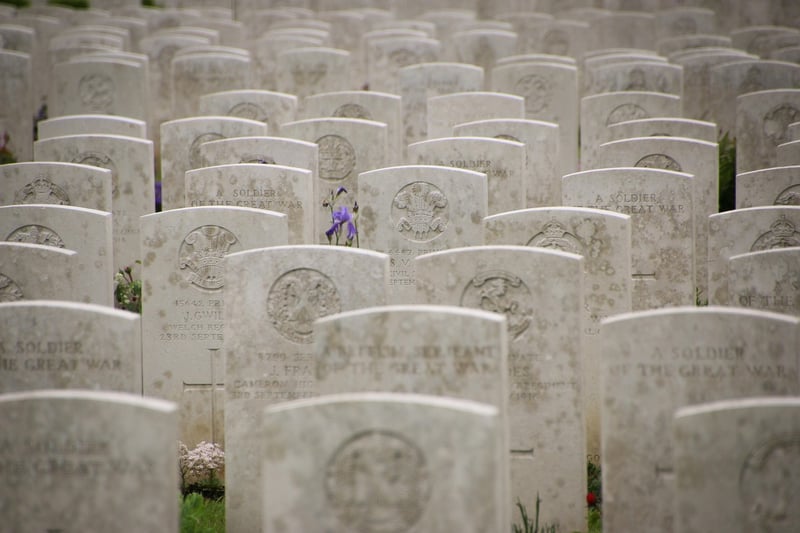Historical Events
Exploring Different Eras and Historical Events
Introduction
History is a vast tapestry woven with the threads of time, each era contributing its own unique colors and patterns. By delving into different historical periods, we gain a deeper understanding of the world and the events that have shaped it. Let's take a journey through time and explore some key historical eras and events that have left an indelible mark on humanity.
Ancient Civilizations
Ancient civilizations such as the Egyptians, Greeks, Romans, and Mesopotamians laid the foundation for modern society. From the construction of the pyramids to the development of democracy, these civilizations left behind a rich legacy of art, architecture, and philosophy that continues to inspire us today.

The Middle Ages
The Middle Ages, spanning from the fall of the Western Roman Empire to the Renaissance, was a time of knights, castles, and feudalism. This era saw the rise of powerful kingdoms, epic battles, and the flowering of medieval art and literature.

The Age of Exploration
The Age of Exploration, led by adventurers like Christopher Columbus and Vasco da Gama, opened up new worlds and ushered in an era of global trade and cultural exchange. The discovery of the Americas and sea routes to Asia transformed the map of the world forever.

The Industrial Revolution
The Industrial Revolution marked a shift from agrarian societies to industrialized nations powered by steam engines and mechanized production. This period of rapid technological advancement revolutionized transportation, communication, and manufacturing.

World Wars
The 20th century was shaped by two devastating world wars that reshaped global politics and society. World War I and World War II led to immense loss of life, but also laid the groundwork for the modern world order and the rise of superpowers.

Conclusion
Exploring different historical eras and events allows us to connect with the past and gain insights into the present. By studying the triumphs and tribulations of those who came before us, we can better appreciate the complexities of our world and chart a course for the future.
